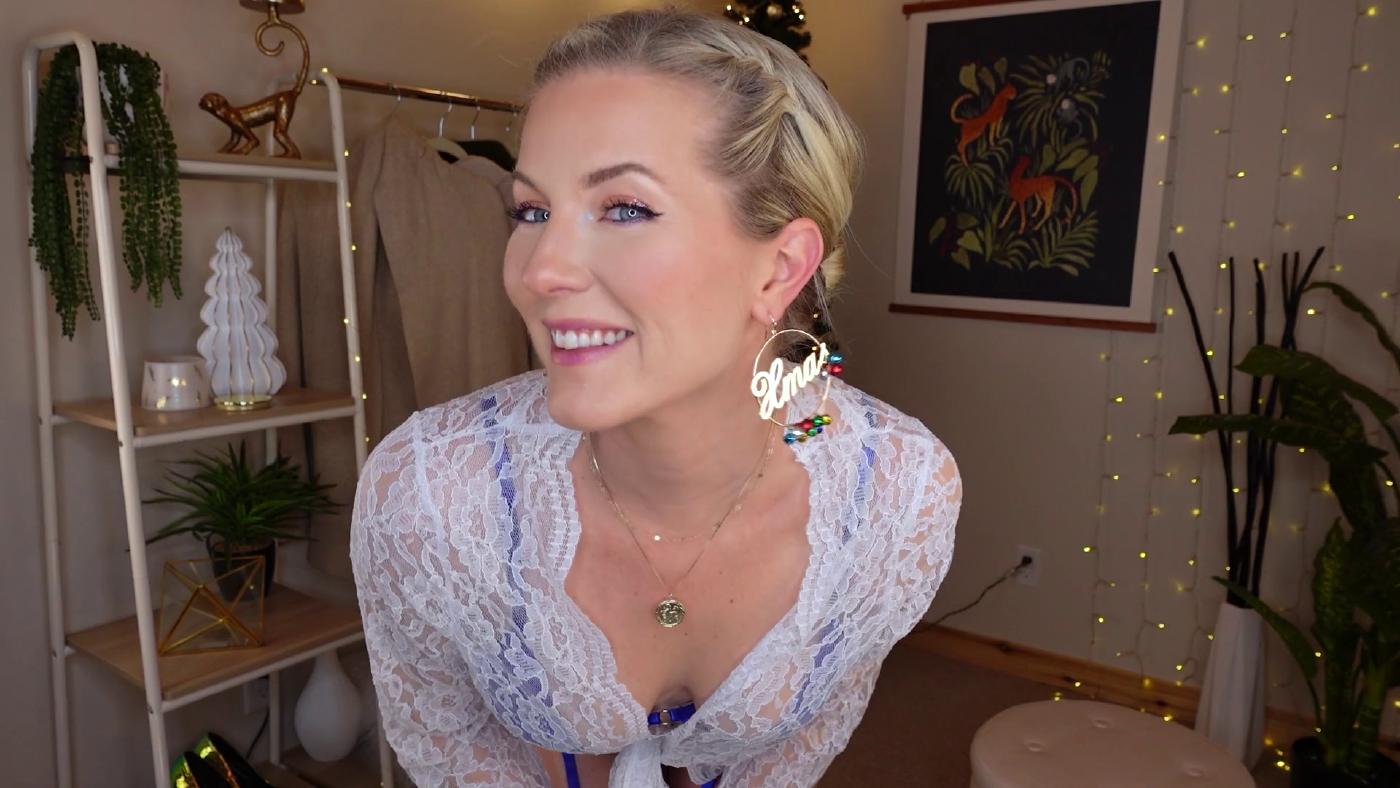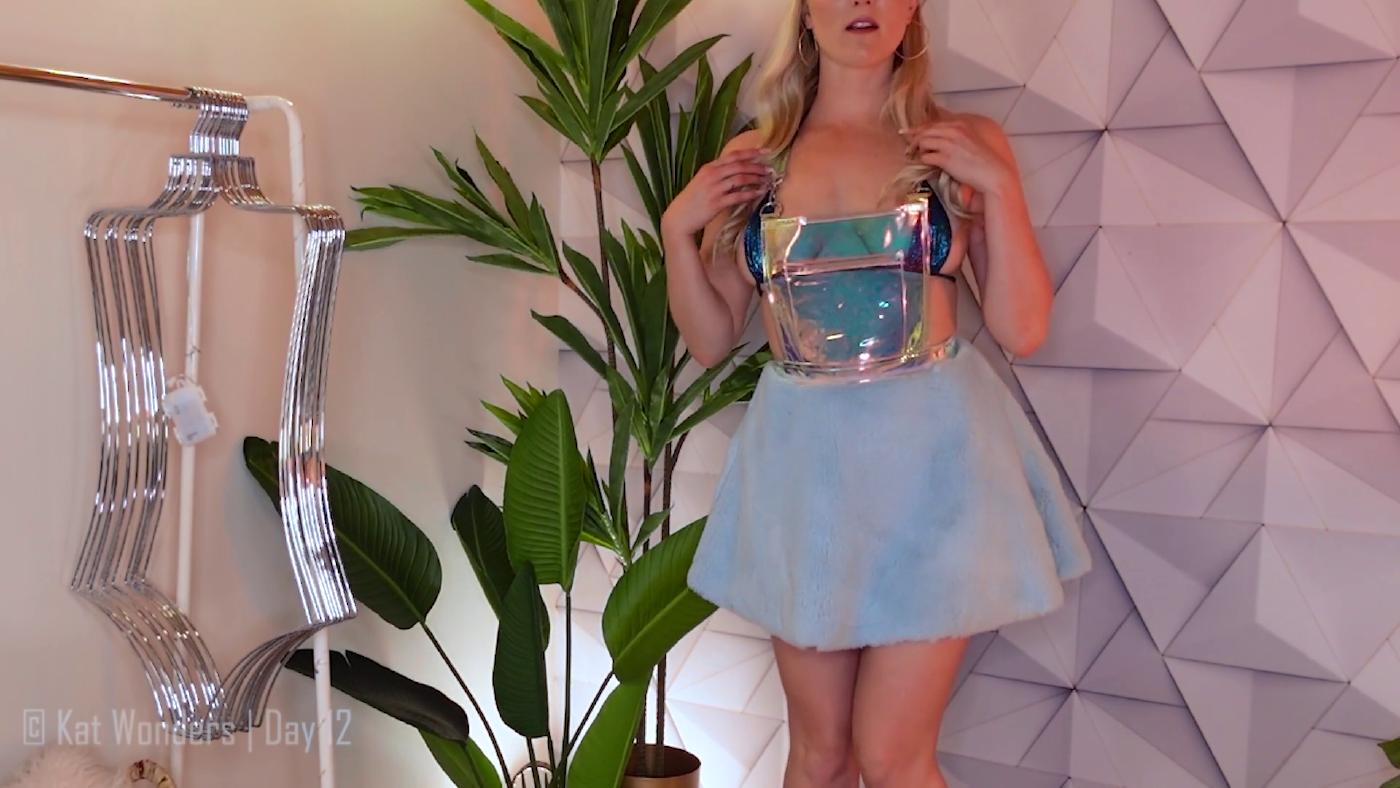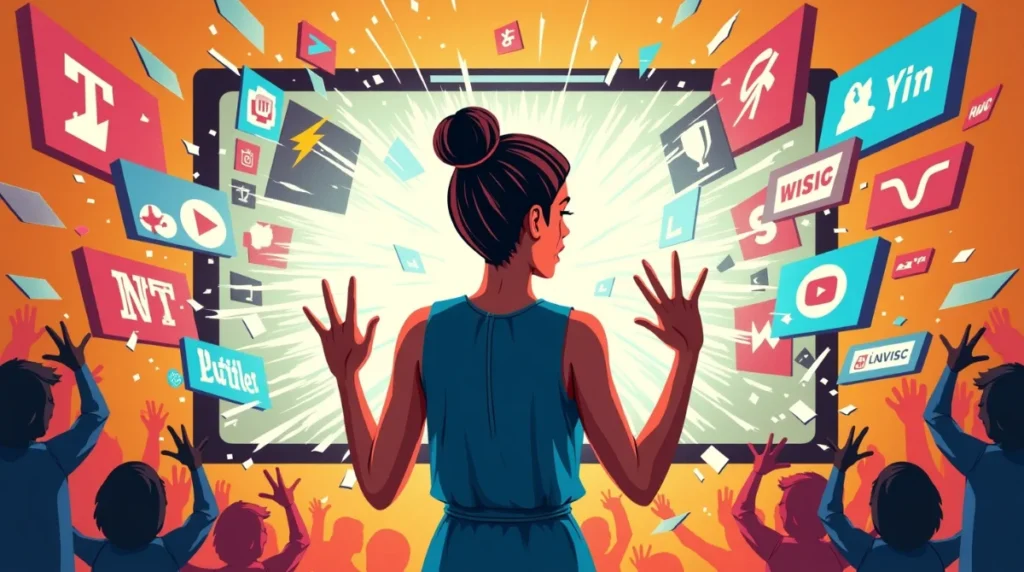Influencers Gone Wild: The Dark Side Of Fame & Scandals
Are we truly aware of the price of chasing digital fame? The phenomenon of "Influencers Gone Wild" reveals a stark reality: the pursuit of viral success can lead to a precipitous fall, often fueled by reckless actions and a disregard for ethical boundaries.
The term "Influencers Gone Wild" has become a modern-day cautionary tale, a phrase that encapsulates the darker side of the influencer industry. It signifies those instances where creators, driven by the relentless pressure to maintain relevance, increase their following, or simply boost engagement, cross lines they shouldn't. This can manifest in a multitude of ways: from stunts that flirt with danger to endorsements of dubious products, from offensive remarks to the blatant abuse of their influence over their audience. The pursuit of likes and shares, it seems, can sometimes lead to a complete erosion of ethical considerations.
To further illustrate the complexities of this evolving digital landscape, let's examine a hypothetical case study. Imagine a prominent beauty influencer, let's call her "Ava Sterling," known for her makeup tutorials and lifestyle content. Ava, with millions of followers, begins to feel the pressure to stay ahead in the ever-competitive world of social media. She starts taking on increasingly provocative sponsorships, some of which promote questionable diet products with dubious health claims. She also dabbles in controversial challenges, and her content subtly becomes more geared toward shock value than genuine engagement.
In an article about the topic and its impacts, lets delve deeper into the key aspects that shape the "Influencers Gone Wild" phenomenon:
| Aspect | Description | Impact |
|---|---|---|
| Reckless Behavior | Engaging in dangerous stunts, illegal activities, or actions that could harm oneself or others. | Damages reputation, legal consequences, potential harm to followers, and reinforces negative stereotypes. |
| Unethical Practices | Promoting misleading information, endorsing products without proper disclosure, or engaging in deceptive marketing tactics. | Erodes trust, deceives consumers, harms the credibility of the influencer, and results in regulatory penalties. |
| Controversial Content | Publishing offensive remarks, insensitive content, or material that promotes harmful stereotypes or misinformation. | Alienates followers, incites negativity, damages the influencer's brand, and can incite public outrage. |
| Abuse of Influence | Manipulating followers, exploiting their trust, or using their platform to promote personal agendas or harmful ideas. | Undermines the trust of followers, leads to the exploitation of followers, and promotes harmful ideas that negatively affect society. |
| Brand Fallout | Engaging in behavior that results in loss of trust, withdrawal of brand partnerships, and the loss of income. | Financial harm, reputational damage, and an impact on opportunities in the future. |
| Mental Health Impact | Experiencing backlash, stress from social media, negative attention, and damage to mental well-being. | Psychological distress, anxiety, and a potential need for mental health support. |
The allure of social media stardom often obscures the immense responsibility that comes with it. As influencers amass followers, they inadvertently become shapers of societal values, consumer trends, and cultural conversations. However, the desire for viral moments and the pursuit of ever-increasing engagement can eclipse ethical considerations. This is where the "Influencers Gone Wild" phenomenon takes hold.
Consider the case of an influencer who promotes a product without properly vetting its efficacy or safety. Their endorsement, disseminated to millions of trusting followers, could have serious consequences. Or, imagine an influencer participating in an ill-advised stunt, risking their safety for the sake of online views. Such actions not only endanger the influencer but also set a dangerous precedent for their audience, particularly impressionable young people. This is the dark side of a world that often focuses on the perks of fame and the easy cash, neglecting the crucial importance of responsibility, integrity, and a keen understanding of the potential consequences.
The concept of influencers "going wild" isn't simply about sensationalism; it reflects a broader societal issue. The digital age, with its relentless demand for content, has created an environment where the line between authentic expression and calculated self-promotion blurs. This blurring contributes to the "Influencers Gone Wild" phenomenon, as influencers may push boundaries in an attempt to maintain relevance and increase their following.
The potential for these actions to go viral, even in the face of criticism, is a dangerous game. The pursuit of fame can overshadow ethical considerations.
It's crucial to understand that this landscape is complex. Some influencers consciously operate within ethical boundaries, building genuine connections with their audience and prioritizing responsible content creation. But the presence of those who choose to "go wild" casts a shadow over the entire industry, making it imperative for consumers, brands, and the influencers themselves to engage in a critical evaluation of the online world. Transparency, ethical practices, and accountability are no longer just options they are essential for building a more sustainable and positive space in the influencer industry.
The rise of "Influencers Gone Wild" underscores the need for a more balanced approach to social media consumption. It is essential to look beyond the glossy exterior of curated content and recognize the potential pitfalls of unchecked influence. This also means acknowledging the important role of brands in this ecosystem. They bear a responsibility to partner with influencers who share their values and uphold ethical standards. By fostering a culture of accountability and transparency, we can mitigate the negative impacts of this phenomenon and help shape a more responsible social media landscape.
This means that there is not a simple way to describe the actions of any one influencer, because they are not defined as "good" or "bad", but may be a complicated mix of both. Influencers Gone Wild often engage in actions with a mixture of intentions, and the effect of these actions is often complex.
The discussion also must include the ethical considerations of this type of content creation and the impact it has on consumer behavior, particularly among younger demographics. What role do platform algorithms play in amplifying controversial content? How can we foster critical thinking skills among social media users to help them discern between genuine endorsements and manipulative marketing tactics? And, most importantly, how can the industry as a whole hold itself accountable for the actions of its members?
We must be aware that the impact of Influencers Gone Wild extends beyond individual creators. Their actions also influence societal norms. What is considered acceptable behavior online can easily spill over into the real world. The rapid adoption of trends, the spread of misinformation, and the normalization of questionable practices can all be traced back to the content created by influencers. It is a crucial aspect of today's culture.
The phenomenon of Influencers Gone Wild is a complex issue, and it necessitates constant vigilance and a multi-faceted approach. Brands, platforms, and consumers all have a role to play in ensuring that the desire for engagement does not come at the cost of ethical behavior, personal safety, and societal well-being. By understanding the underlying issues and promoting responsible online behavior, we can begin to transform the influencer industry into a space that fosters creativity, connection, and positive influence. It is a space where the pursuit of fame does not overshadow the importance of ethical conduct.
The journey of influencers, whether by accident or design, redefines their fame and social media influence.


